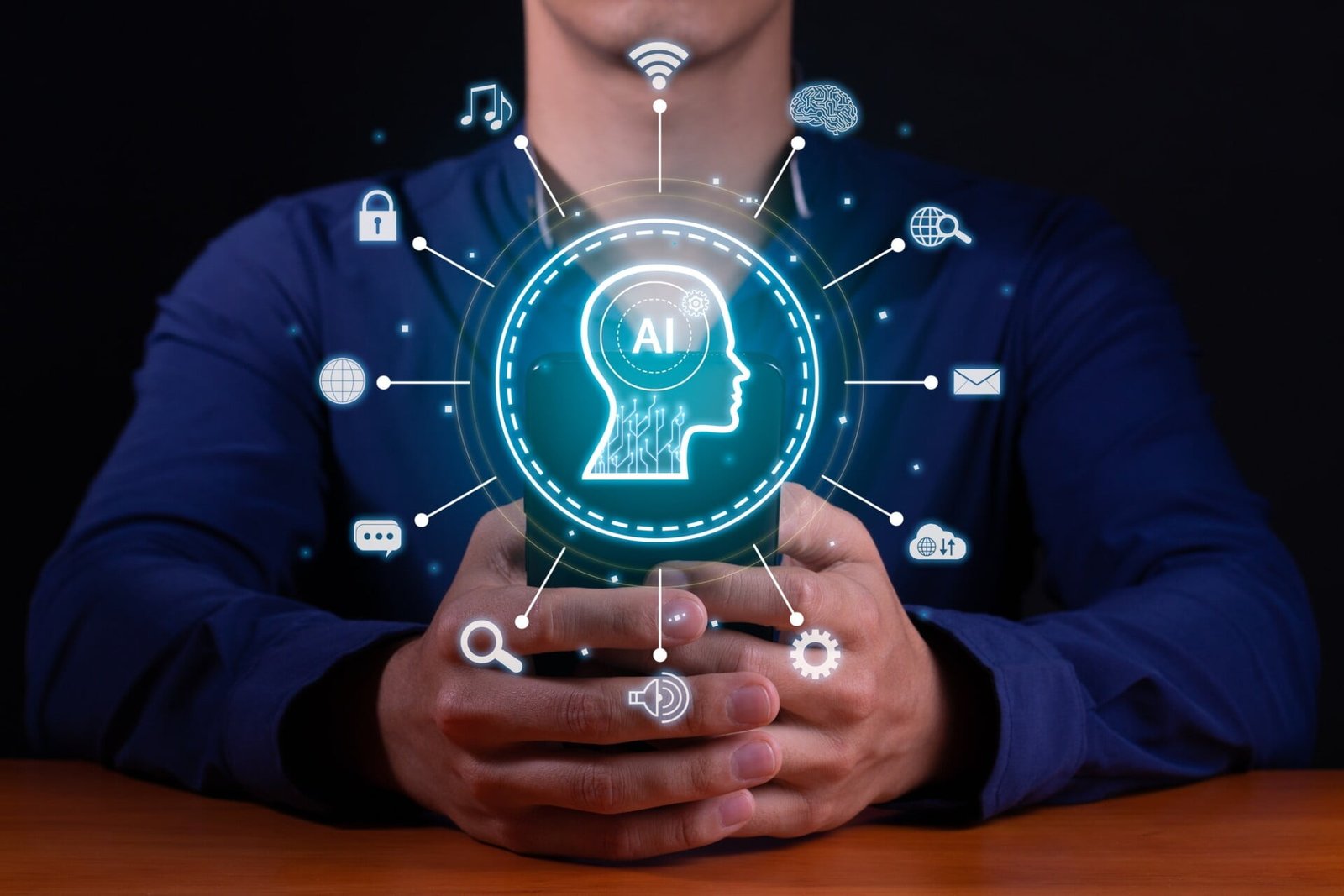by Jakob Staubmann
In recent years, the rapid advancement of artificial intelligence (AI) has sparked both excitement and apprehension among people worldwide. While AI holds tremendous potential to revolutionize various industries and improve our daily lives, there is a growing fear of the unknown. Many individuals are concerned about the potential negative consequences of technological progress and the impact AI may have on humanity. In this article, we will explore these concerns and discuss how we can prepare ourselves for the changes that lie ahead.
One of the primary fears surrounding AI is the potential loss of control and autonomy for humans. As AI becomes more sophisticated, there is a concern that it may surpass human intelligence, leading to a future where machines make decisions on our behalf. This raises questions about the democratic system and the preservation of human choice. However, it is important to note that AI is a tool created by humans, and its development and implementation are ultimately within our control. It is crucial for us to establish ethical guidelines and regulations to ensure that AI serves humanity’s best interests.
Another concern is the possibility of AI having a dark side. While AI systems are designed to be neutral and objective, they can still be influenced by biases present in the data they are trained on. This raises concerns about fairness, accountability, and transparency in AI decision-making processes. To mitigate these risks, it is essential to prioritize diversity and inclusivity in AI development teams and promote ongoing research to address potential biases and ethical dilemmas.
The fear of AI taking over human jobs is also a valid concern. As AI technology advances, there is a possibility of certain jobs becoming automated, leading to unemployment and economic inequality. However, history has shown that technological advancements often create new job opportunities and industries. To prepare for this shift, it is crucial for individuals to acquire new skills and adapt to the changing job market. Governments and organizations also have a responsibility to invest in retraining programs and support those affected by job displacement.
In the realm of international relations, there are concerns about AI’s role in decision-making processes related to peace and war. While AI may assist in analyzing vast amounts of data and providing insights, the ultimate decision-making power should remain in the hands of humans. It is essential to establish clear boundaries and safeguards to prevent AI from making decisions that could have severe consequences for humanity.
AI’s potential in the healthcare sector is immense, but it also raises ethical considerations. While AI can improve diagnostic accuracy and assist in medical research, it is crucial to ensure that it is used responsibly and in conjunction with human expertise. The human touch and empathy in healthcare cannot be replaced by machines. AI should be seen as a tool to augment human capabilities rather than a substitute for human interaction and care.
Concerns about AI serving a so-called “deep state” or being used for nefarious purposes are valid but should not overshadow the potential benefits. It is essential for governments, organizations, and individuals to work together to establish robust regulations and safeguards to prevent misuse of AI technology. Transparency and accountability should be prioritized to ensure that AI is used for the betterment of society as a whole.
As for the timeline of AI’s widespread applicability, it is difficult to predict precisely. AI is already prevalent in many industries, such as finance, transportation, and customer service. However, its full integration into various aspects of our lives will likely take time. It is crucial to approach this process thoughtfully, considering the potential impact on society and addressing any ethical concerns along the way.
In conclusion, while concerns about the impact of AI on humanity are valid, it is essential to approach technological progress with an open mind and a proactive mindset. By establishing ethical guidelines, investing in education and retraining programs, and fostering collaboration between humans and AI systems, we can harness the potential of AI while safeguarding our values and ensuring a better future for all. The key lies in our ability to adapt, regulate, and guide AI towards serving humanity’s best interests.
Frequently Asked Questions
Greetings from Carolina! I'm bored to death at work
so I decided to check ouut your website onn my iphone during lunch
break. I love the information you present here aand can't wait
to take a look when I get home. I'm shocked at how fasst your blog loaded on my cell phone ..
I'm not even using WIFI, just 3G .. Anyways, fantastic site!





Greetings from Carolina! I’m bored to death at work
so I decided to check ouut your website onn my iphone during lunch
break. I love the information you present here aand can’t wait
to take a look when I get home. I’m shocked at how fasst your blog loaded on my cell phone ..
I’m not even using WIFI, just 3G .. Anyways, fantastic site!